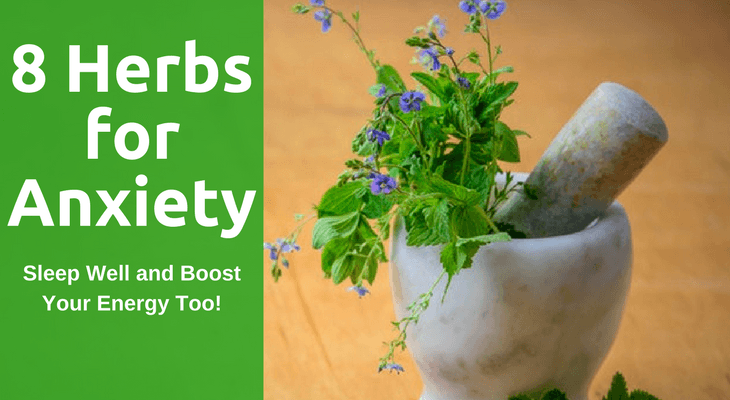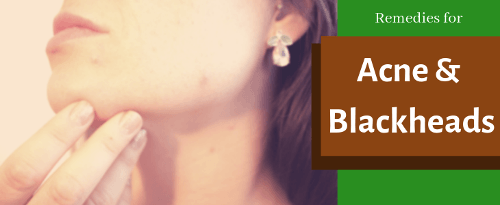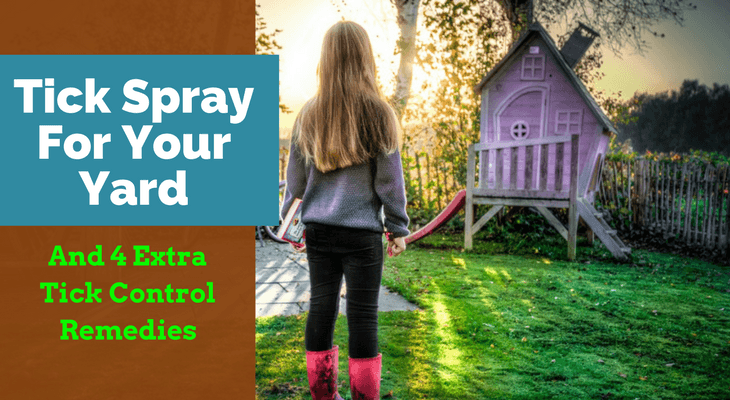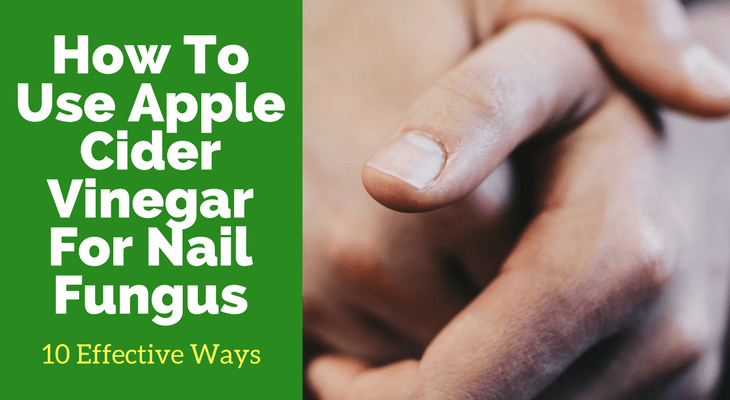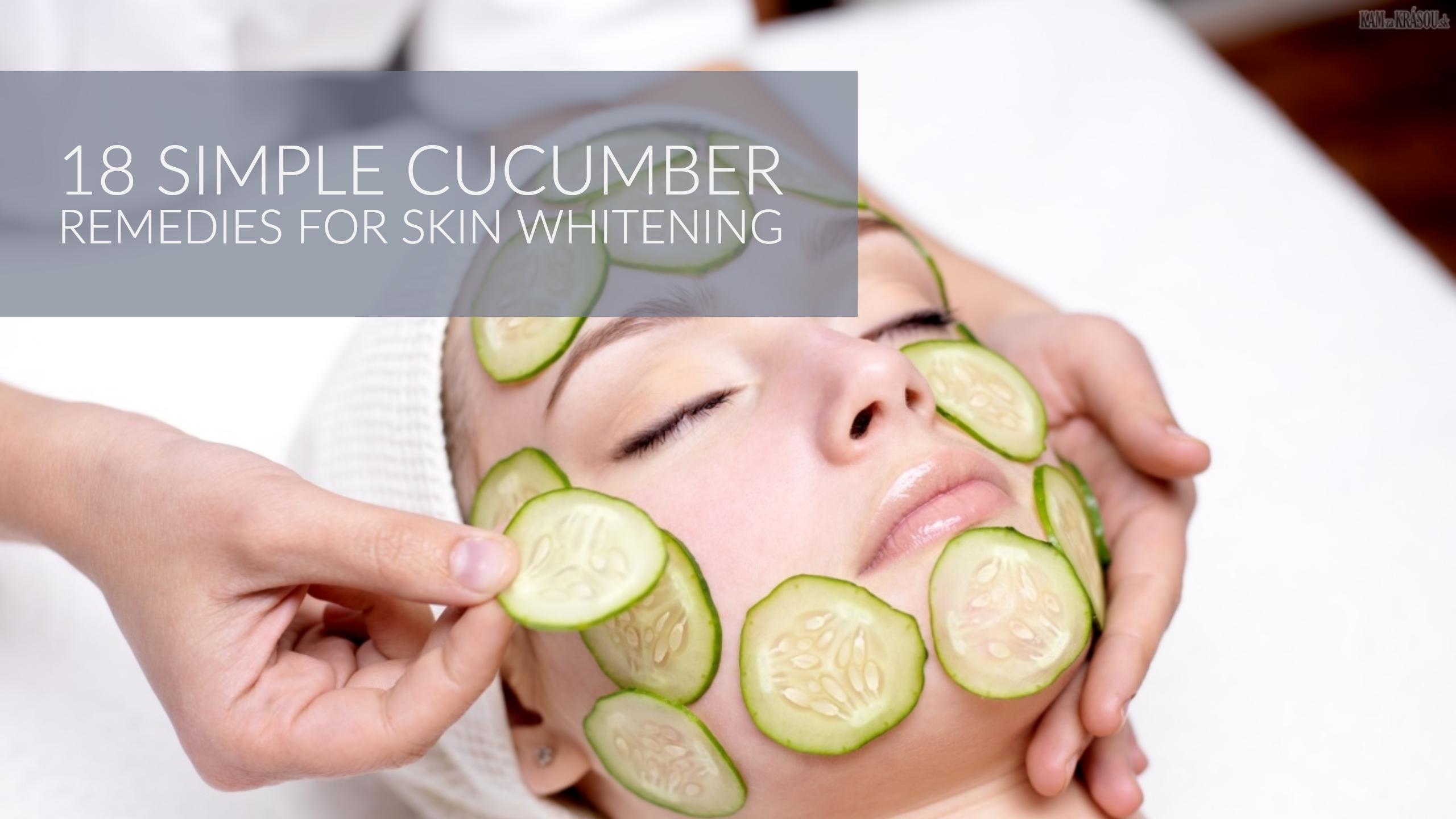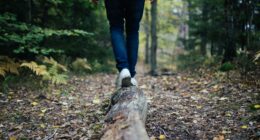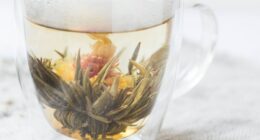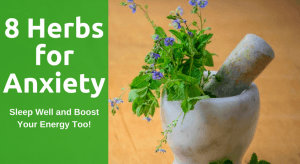 With the rise of modern technology and a faster-paced world, anxiety is at an all-time high affecting as many as 40 million people in the United States alone, and that’s just the adults. 25.1% of adolescents from the age of 13 also experience anxiety (1). Symptoms include heart palpitations, sweating excessively, feeling afraid for the future, and even dizziness and nausea.
With the rise of modern technology and a faster-paced world, anxiety is at an all-time high affecting as many as 40 million people in the United States alone, and that’s just the adults. 25.1% of adolescents from the age of 13 also experience anxiety (1). Symptoms include heart palpitations, sweating excessively, feeling afraid for the future, and even dizziness and nausea.
In a world that loves to cure and manage everything with medication, natural remedies are important. Anxiety medications can cause side effects like nausea, restlessness, insomnia, weight gain, diarrhea, low sex drive, drowsiness, confusion, headaches, and dry mouth (2). None of these are pleasant or healthy. These medications can also take up to two months to work.
Using herbs for anxiety is a far better option. In this article, you will learn about some of the best herbs for anxiety.
What Herbs Are Good For Anxiety?
There are many herbs for anxiety. They may not all work in the same way, but they will address some aspect of anxiety. You may find that using more than one herbal remedy is more effective for you.
1. Lavender
Lavender is one of the most calming herbs for anxiety. Lavender has a positive effect on the brain which reduces depression and anxiety. It’s often put into baby products to help keep them calm and sleep better as well as products for adults too. Often personal care products don’t contain the real thing and contain toxic chemicals. You can use lavender safely in a more natural way.
Ways to use lavender:
-
Add a few drops to a carrier oil like coconut oil, olive oil, or jojoba oil and use it as a lotion. How many drops you put in depends on how strong you want the scent, usually 2-4 drops per teaspoon of carrier oil works well.
-
Hang a small bundle of lavender in your cupboard or put a sprig of lavender in your pillowcase, drawer, or even your bath water to incorporate the fragrance into your everyday life without putting on lotions.
-
Make lavender tea by brewing about 4 teaspoons of lavender buds in a cup of water for 10 minutes. You can also buy lavender tea already put into tea bags if you prefer that (3). Look for bleach-free tea bags to avoid unhealthy chemicals.
Lavender does affect estrogen (female hormone) levels in men and women, so it may not be good for long-term use, particularly for teens and women who are at risk of reproductive cancers (4).
2. Skullcap
Skullcap is beneficial for the neurotransmitter (chemicals that send messages in the nervous system) GABA which is responsible for regulating nervous system excitability (5). If you have enough GABA, you are less likely to struggle with anxiety and you will sleep better (6). Skullcap also relaxes the muscles and relieves cramping.
Ways to use skullcap:
-
Take 3-5 ml of tincture 2-3 times a day.
-
Make a tea using 5 g per cup brewed for 15 minutes. You can also combine it in smaller quantities with other herbs like lavender, lemon balm, chamomile, and passion flower, all of which reduce anxiety. You can also purchase it in tea bag form.
-
Smoke it. This is not the best way to take it, but skullcap can be smoked. If you have health problems with your lungs, rather use one of the other methods.
Skullcap is safe for long-term use and you can use up to 15 g (0.5 oz) per day.
3. Hops
When people think of hops, they think of beer since hops are what gives beer its bitter flavor. But hops can also be used on their own or in combination with other herbs to relieve anxiety (5). Hops are very bitter so they are rarely used in tea form, but you use hops in the following ways:
-
An extract to use in tea or as aromatherapy
-
Tincture to be taken directly or added to tea
-
In your pillow for aromatherapy (crushed, whole, or in spray form)
1.5 g -2 g can be used per day.
Like lavender, hops can also raise estrogen levels, so this may not be a good long-term remedy (7).
4. Ginseng
Ginseng suppresses stress and works as well as anti-depressants for treating anxiety and depression. Ginseng also helps you to feel more energetic which is always a struggle during times of stress and trouble. For this reason, ginseng shouldn’t be used at night as it can keep you awake.
Ways to use ginseng:
-
As a tea (you can use about a teaspoon amount of ginseng root per cup or buy tea bags)
-
You can find it in supplements but be aware of fakes
You can use 500 mg to 1 g twice a day safely (8).
5. Rhodiola
Rhodiola has been in the spotlight as an effective way to treat depression and lower anxiety. It does this by balancing the neurotransmitters in your brain, particularly serotonin, dopamine, and norepinephrine responsible for mood, stress response, motivation, and sleep.
Ways to use Rhodiola:
-
Drink it as a tea (tea bags or slice the root, 5 g of the root will do)
-
Tincture directly or in tea
-
Capsules or tablets
Dosage is 250 ml- 700 ml per day, you should split the dose to take it twice a day. Make sure that the product you buy is good quality (3% rosavins and 1% salidroside).
6. Mulungu
Mulungu is a herb from Brazil that reduces stress and anxiety without affecting motor control (9). This is important because although some herbs reduce stress and anxiety, some of them also have a slight sedative effect which can motor control and concentration. Having said this, mulungu may also help you to sleep better when taken an hour or so before bed.
How to use mulungu:
-
As a tea
-
A tincture
Dosage is up to 2 teaspoons a day, you can divide it into two doses (10).
7. Oregano
Oregano has been shown to improve mood and have a positive effect on neurotransmitters both by boosting them and improving their function (11). Oregano is delicious in many dishes, especially Italian dishes.
More ways to use oregano:
-
Use oregano essential oil for aromatherapy by diluting a few drops in a carrier oil.
-
You can also take the capsules, these are usually used for their antiviral and bacterial properties, so if you are ill, Spanish oregano may help (12). Follow the recommended dosage.
8. Thyme
Thyme is another herb commonly used in cooking that has been shown to have a positive effect on GABA (13). Thyme also increases DHA a fatty acid found in fatty fish that is essential for brain health (14). If you have a cold and flu or flu, you can also use it as a remedy due to its antiviral effects (12).
Aside from cooking, you can use thyme as follows:
-
Aromatherapy
-
Drink it as a tea
-
Tincture
Dry, you can take up to 6 g of thyme daily, as a tincture, you can have up to 12 ml per day.
Tips and Precautions
-
Anti-anxiety herbs may work differently for everyone, so if one doesn’t work for you, try another. The effects of herbs are usually almost immediate, taking only a few hours at most, but some may take longer than others so don’t give up immediately.
-
If you are using herbs as a tea, try sweetening it with honey or spicing it up with ginger which also reduces anxiety.
-
Always make sure that if you use herbs as supplements or otherwise that they are the real thing and good quality, there are so many supplements, teas, and oils that don’t actually contain the herb or are of substandard quality.
-
Always speak to your doctor or pharmacist before using herbs in medicinal quantities, or even when intending to use herbs that aren’t generally used in cooking. Some herbs interact with medications for the heart, diabetes, blood clots, and birth control.
-
If you are pregnant or breastfeeding, first speak to your doctor before taking large amounts of any herb. The same goes if you want to use them as remedies for your children as not all herbs are suitable for children.
-
Herbs may have side effects for some people. Though side effects are unlikely, you may find that a specific herb doesn’t work well with your body. In this case, you should stop taking it. If you have a severe reaction, seek medical help.
-
The dosages mentioned in this article are general dosages. It’s best to speak to a homeopath or a naturopath to make sure that the dosage is right for you. If not, start using the lowest dose first and slowly increase your dosage over a few weeks.
-
If you are struggling to cope with anxiety, stress, and/or depression, seeking out a counselor or therapist can really help.
These are some of the best herbs for anxiety, but you may find that you need a different remedy. For more herbs to reduce anxiety and other anxiety remedies you can check this article out.
Do you use any of these herbs for anxiety? Which remedies do you find useful to lower your anxiety levels? If you have overcome anxiety, please share your story with us.
